Designing and developing Kuwait’s first venue booking platform for kids’ celebrations Case Studies
Playbook
Kuwait
4 months
Events, Venue booking
Design, Web Development,
Backend Development
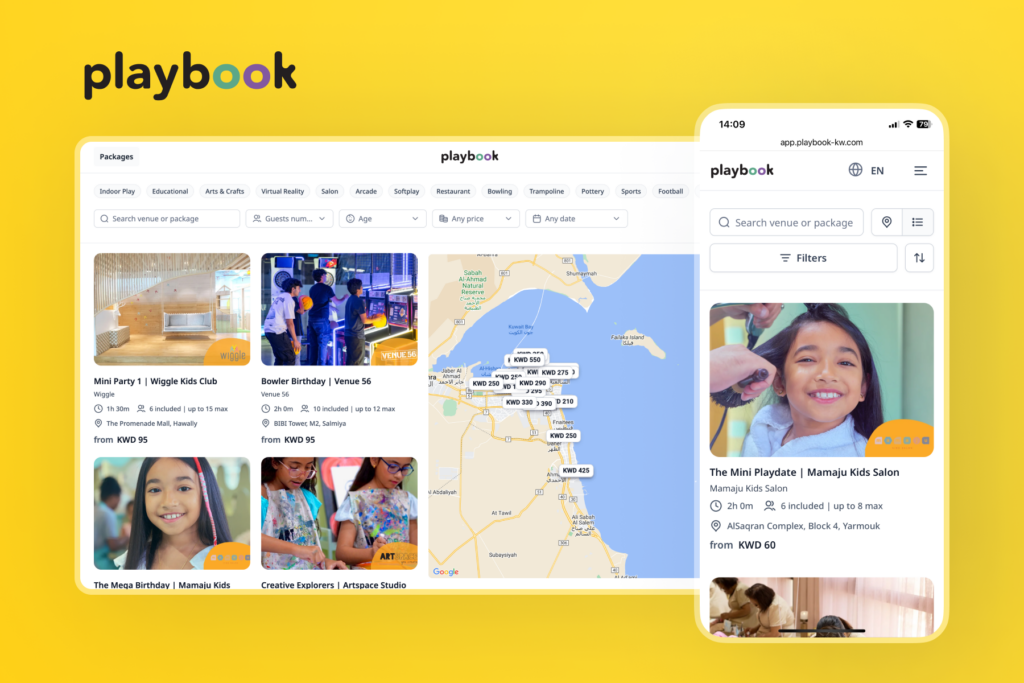
Hanan and Solaiman, entrepreneurs and parents from Kuwait City, Kuwait, came to us with an idea to solve a problem every parent faces at some point—organizing their kids’ special celebration. While there are plenty of venues offering packages for kids’ celebrations, the process is fragmented and time-consuming. Parents have to make numerous calls, juggle WhatsApp conversations, and deal with a lot of back-and-forth just to get something organized.
Hanan and Solaiman envisioned a platform where parents could easily browse venues and celebration packages in their area, compare options, make reservations, and even pay online—all within a few clicks. Their goal was to simplify the experience for busy parents while ensuring the celebrations remain just as special.
This idea became the foundation of Playbook, a platform designed to bring convenience and clarity to an otherwise complicated process.
Hanan and Solaiman came prepared with valuable insights. They had conducted research and polls within parent communities to understand the pain points parents face when planning their kids’ celebrations. Armed with this data, we had a strong foundation to begin our work.
Our goal was to deliver an MVP solution within a strict budget and timeline. To achieve this, we made a strategic decision to prioritize efficiently:
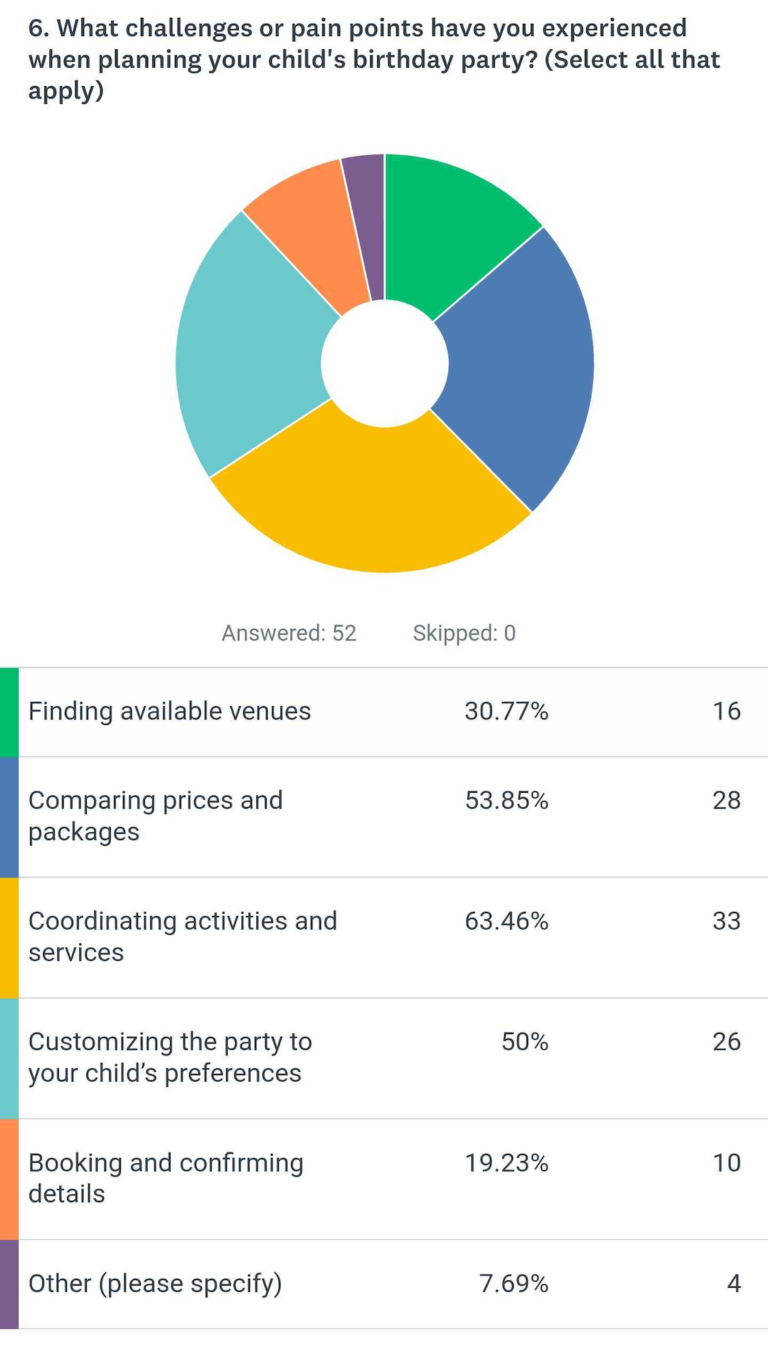
Within the first few weeks, we dove into UX/UI design, keeping the key pain points parents face front and center. The result was a user experience that included the following features:
After completing the initial design phase, we built an interactive prototype and shared it with a test user group. Feedback from these sessions helped us refine the design, resulting in a robust and visually appealing interface that parents could easily navigate.
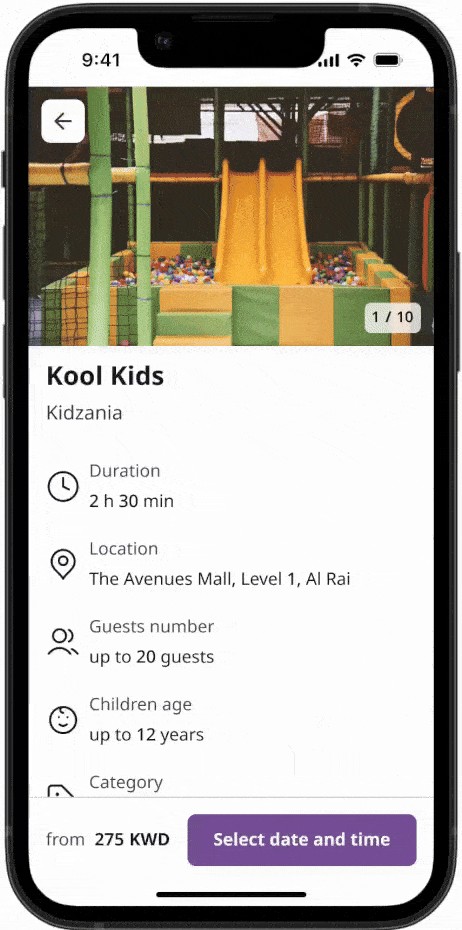
To ensure we stayed within budget and met deadlines, we followed the FFF approach— fix budget, fix timeline, flex scope. This allowed us to prioritize the parent-facing part of the app during the first development phase, implementing a seamless UX tailored to their needs.
In the final weeks of development, we shifted our focus to the venue side, building:
By focusing on what mattered most for the MVP and iterating quickly based on user feedback, we were able to deliver a solution that met Hanan and Solaiman’s vision while staying on track.
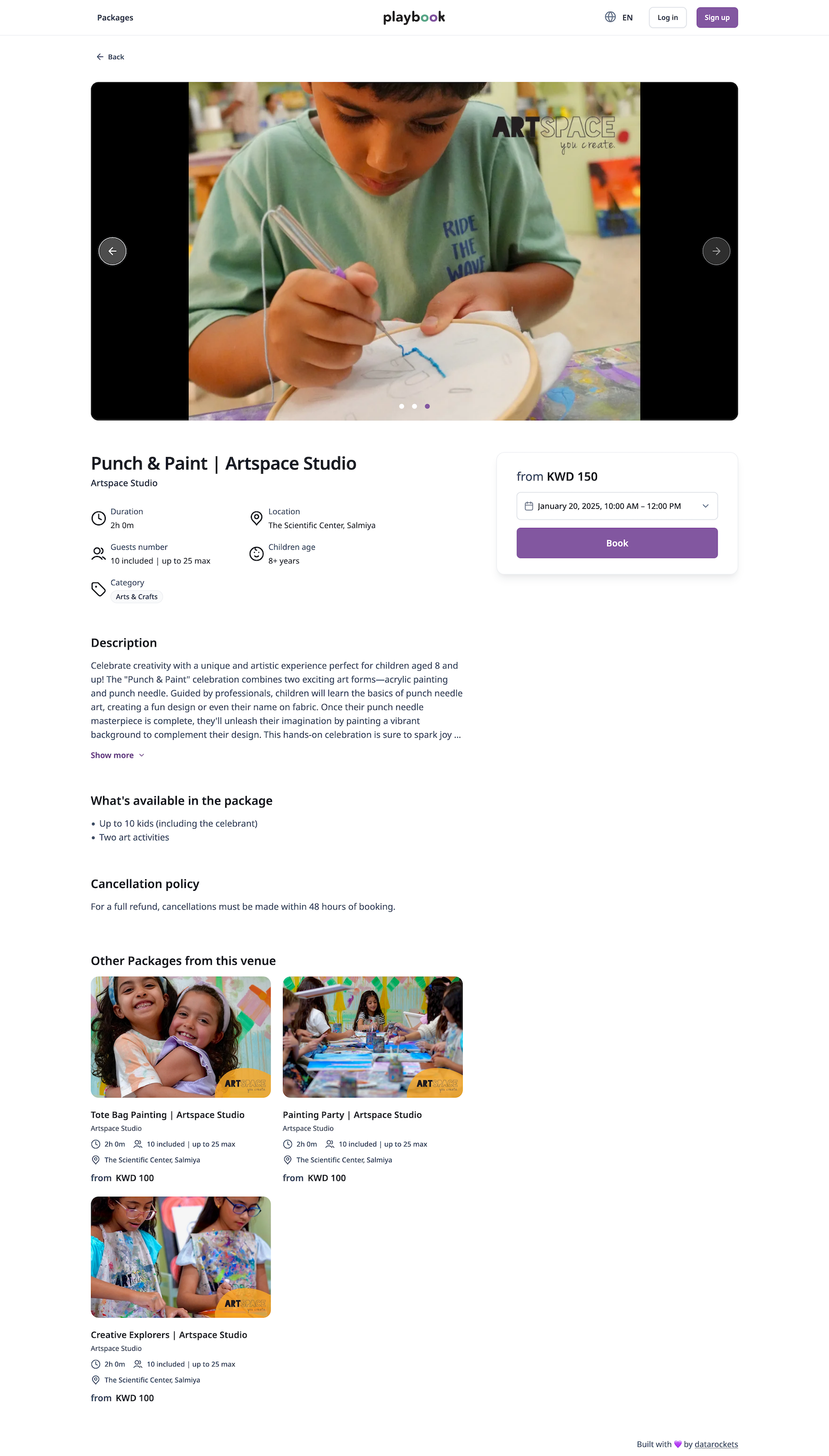
While working on Playbook, we encountered two unique challenges that pushed us to learn and adapt:
Having extensive experience with North American payment processors like Stripe, we initially expected the payment integration to be a straightforward task. However, integrating with a MENA-based payment processor presented unforeseen difficulties.
The processor we selected (Tap Payments) offered far fewer API capabilities, which complicated implementation. Moreover, we quickly encountered availability issues—API requests would time out, and server crashes on their end were not uncommon. These issues posed significant risks to the seamless user experience we aimed to deliver.
To mitigate these challenges, we built a series of safety mechanisms on our side, including:
These solutions ensured that the platform remained stable and user-friendly, even in the face of external service interruptions.
Although we had experience implementing multi-language support in other projects, introducing Arabic posed a new challenge. Arabic, as a right-to-left (RTL) language, required significant adjustments to the app’s interface and layout.
We had to ensure that:
This challenge led us to dive into modern browser and HTML standards that handle RTL languages. It was both a learning experience and a rewarding process to implement seamless support for Arabic, ensuring that the app was accessible to its core user base.
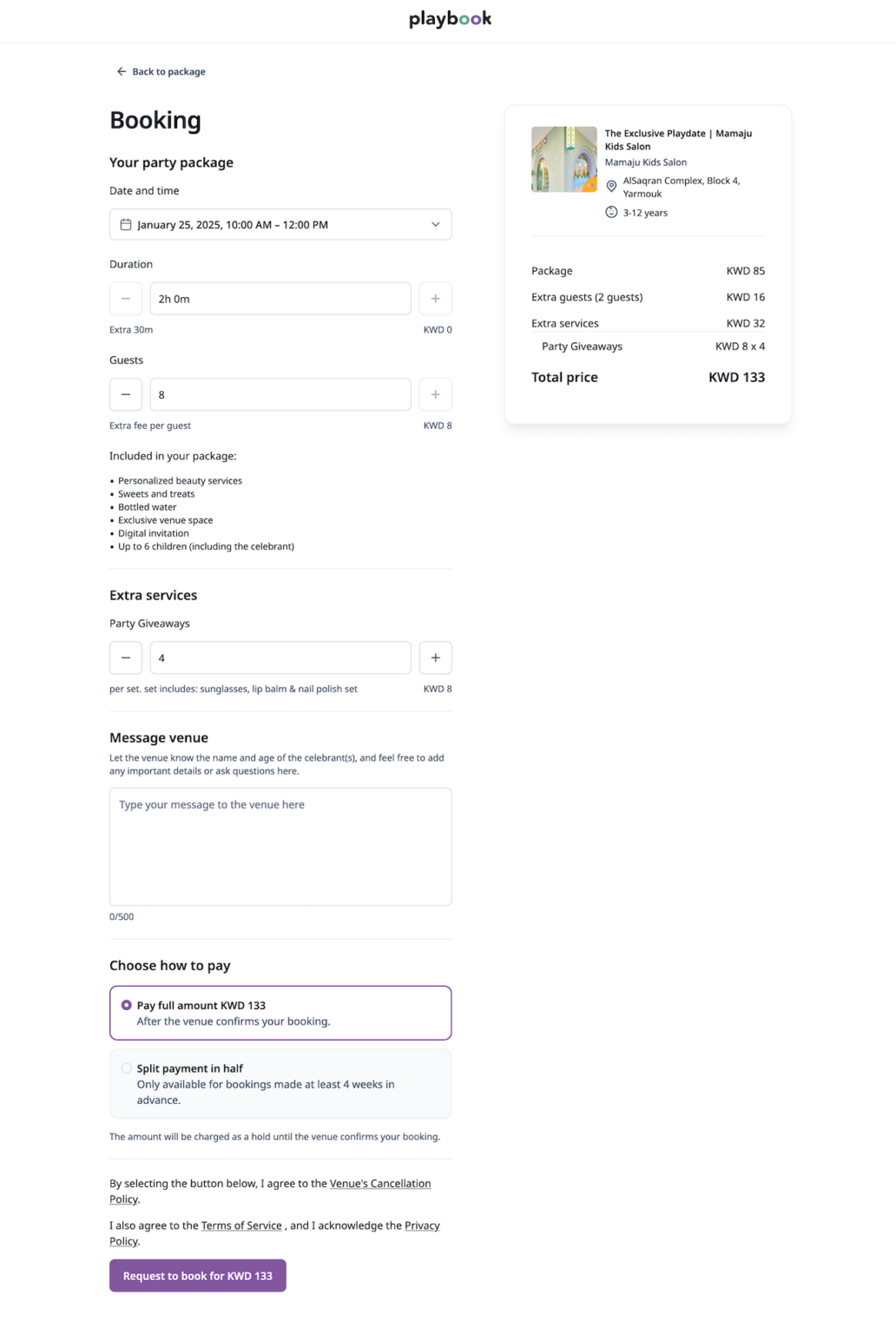
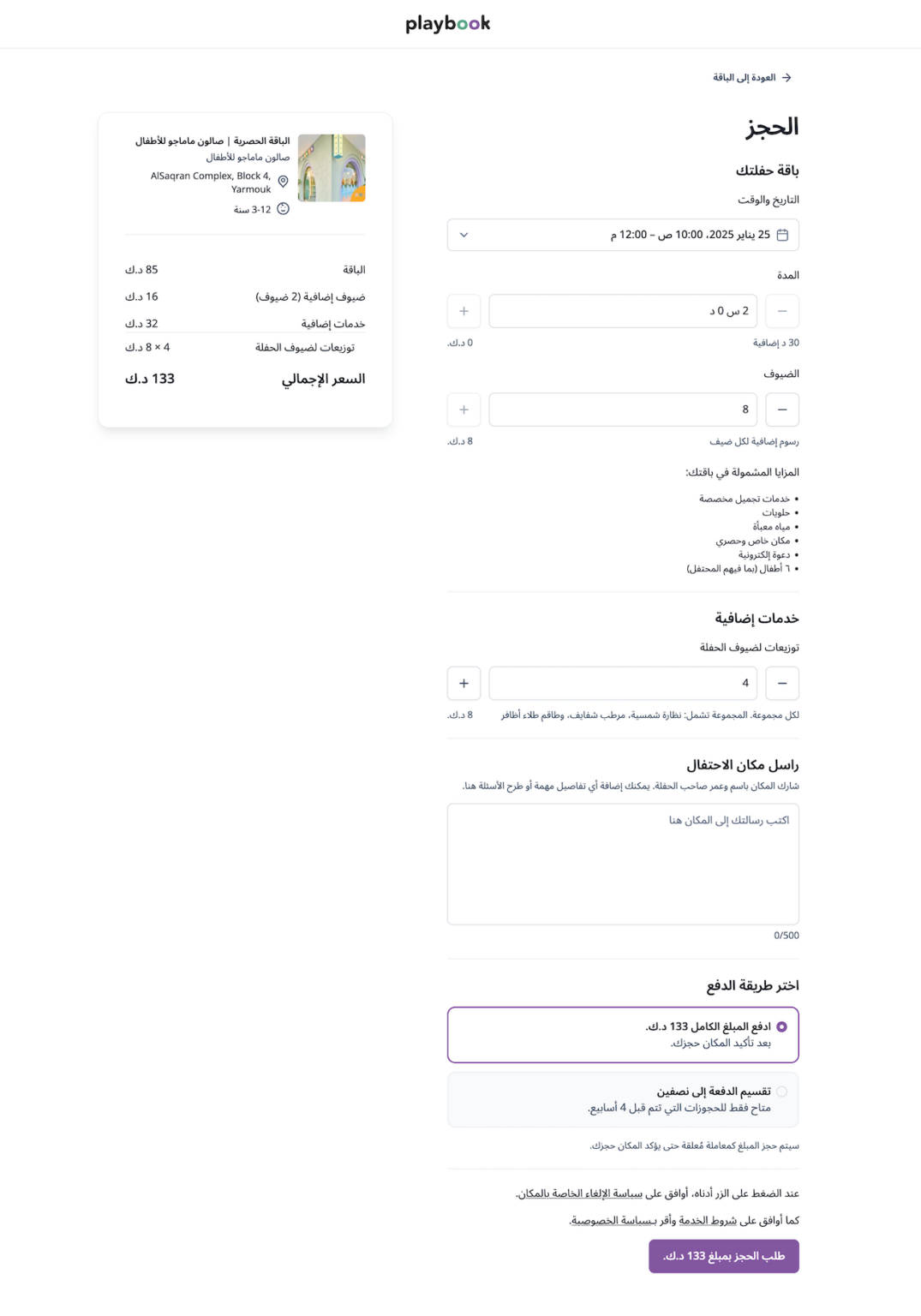
Playbook has officially launched in January 2025, marking the beginning of a new, streamlined way for parents in Kuwait to organize their kids’ special celebrations.
Before the public launch, the application was thoroughly tested with a group of early adopters, including parents and venue owners. The feedback was overwhelmingly positive, with users praising the platform’s ease of use, intuitive design, and time-saving features.
We’re proud to say that we completed the entire project scope within just four months. This included design, development, testing, and fine-tuning the platform to ensure a smooth launch. The result is a beautiful, functional product that addresses the core pain points of its users while staying true to Hanan and Solaiman’s vision.
Hanan and Solaiman were thrilled with the outcome, sharing this feedback with our team:
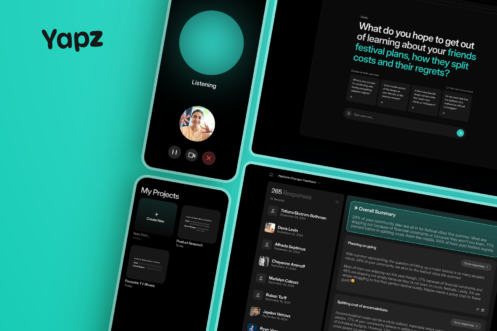
AI, Web | 02. 28. 2025
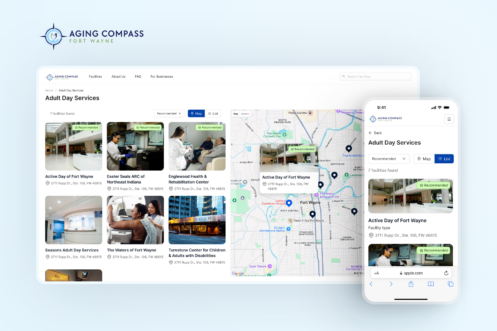
Design, Ruby, Web | 01. 30. 2025
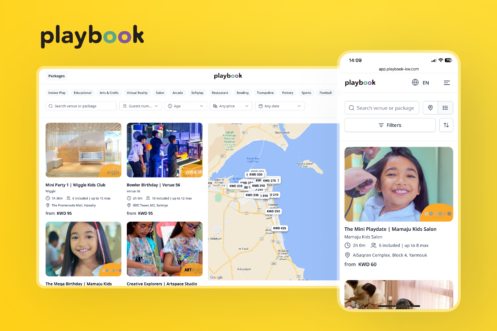
Design, Ruby, Web | 01. 13. 2025
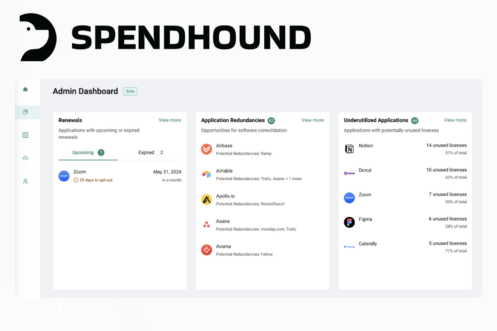
Design, Ruby, SaaS, Web | 08. 12. 2024
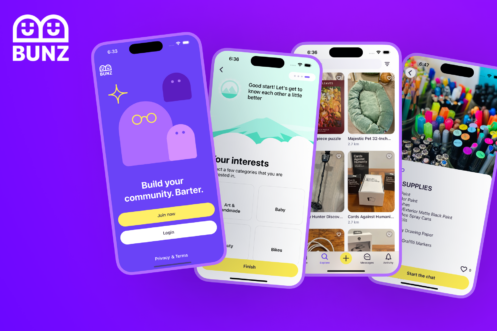
Mobile, Node.js, Web | 06. 10. 2024
© 2024 Red Panda Technology (dba datarockets). All Rights Reserved.